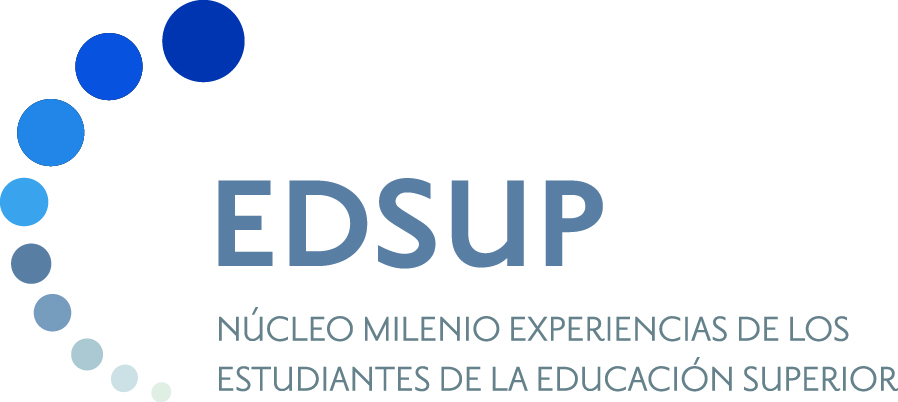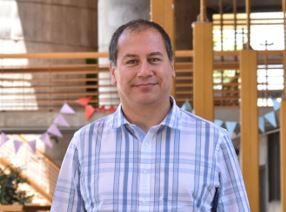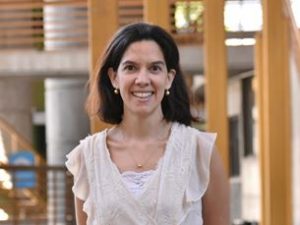Impact Area: Education
Speciality: Higher Education
Higher education in Chile has experienced significant changes over the last 40 years. Policies include the expansion of private provision in the early 80s, increase of student financial aid since 2004 and, most recently, implementation of free tuition in a group Higher Education Institutions. These numerous changes have rendered Chile a higher education laboratory, with unique characteristics that makes it especially interesting for research.
Policies focused on higher education expansion have led to a significant increase in enrolments. However, this has not been coupled with an equally strong focus on students’ learning experiences, the relationship between these and their expectations, or the quality of that experience. In addition, current national debates on higher education reform are strongly focused on the system institutional and financial arrangements. Therefore, what students expect from higher education, how they experience it and how effectively the system meets its promises to students have not been properly investigated. This is important because the relationship between expectations and actual experiences affects student motivation and this, in turn, impacts on their levels of persistence. At the same time, the student experience of higher education, understood as engagement and learning, will have an impact on their future work as professionals and, therefore, in the monetary and non-monetary benefits that define students —and their families’—quality of life.
The proposed Nucleus aims to address this issue by analyzing students’ expectations and experiences in higher education; including transitions from high school, and into the job market. It also considers in-depth exploration of associated policies.
In this manner, the Nucleus will provide information on the experience of currently enrolled students, which will be useful for the design of public policy, as well as for institutional self-assessment. In addition, it will be a contribution to the development of a strengthened higher education research capacity in Chile, which has been recognized in an embryonic state. Further, it will contribute to broader global debates: by inquiring local particularities of students’ expectations and experiences, it will generate knowledge which is both locally relevant and able to create a dialogue with the extensive international literature in the area.





